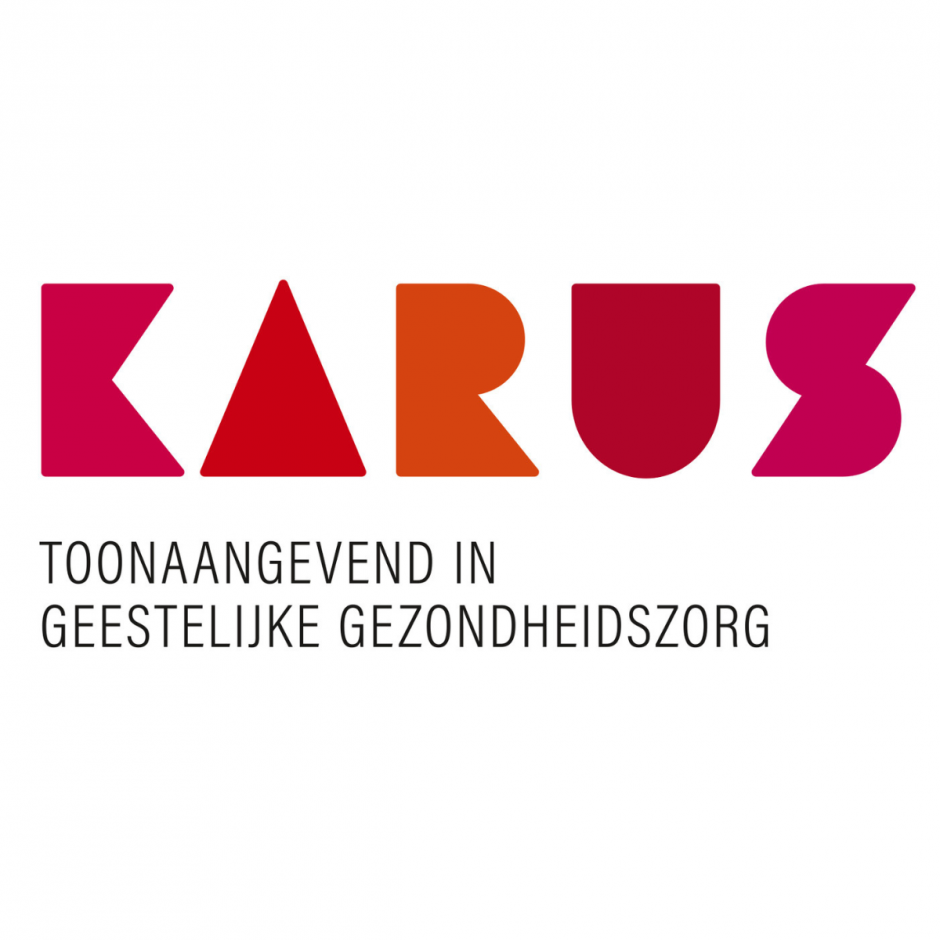Approach
The assignment was carried out in collaboration with a Project Group and a Steering Committee set up for this purpose, and with regular communication to the internal organisation and feedback to the Board of Directors.
The development process consisted of several phases:
Phase 1: Exploring the organisation and the mental healthcare landscape
An exploration phase was started, with the following activities:
-
Carrying out desk research, to get to know the organisation better and to gain in-depth insight into the mental healthcare landscape, important evolutions and trends etc.
-
Conducting exploratory interviews with key persons to clarify expectations, to capture concerns and points for attention and to collect input for the SWOT and trends analysis.
-
Drafting an information bundle on mental healthcare, bringing together important information and insights from policy papers, legislation documents, publicly available studies and reports on mental health care etc., to provide all parties involved with a solid basis for the strategy development process.
Phase 2: Carrying out a strategic study
The strategic study included the following sections:
-
On the one hand, performing an extensive data analysis, based on both internal Karus data and publicly available data sources. Insight was obtained into the profile of the care recipient, the care demand and evolutions in this, the care offer in the region, the market share of Karus etc.
-
On the other hand, organising workshops with three specially set up working groups (a Medical working group, a Therapy working group and a Care working group – each with about 12 representatives), to further prepare the SWOT and trends analysis and to make an initial translation into strategic choices; followed by a consolidation workshop with a multidisciplinary working group (composed of three representatives from each of the previous working groups).
Phase 3: Establishing the strategic direction
Based on all the information collected in the previous phases, the strategic care choices were determined, through the following steps:
-
In a preparatory workshop with the Project Group, the decision-making process was defined and the follow-up approach for the workshops with the working groups was determined.
-
Subsequently, further input was collected from the three working groups (Medical/Therapy/Care): consideration was given to the pillars of the future healthcare organisation that are important when making the choices on offering, and a dream exercise was organised (what do/don’t we want to offer from Karus).
-
All collected information was used to work with the Steering Committee: the framework for the strategic direction was defined and the way to develop scenarios for the future offering was determined.
-
In a workshop with the multidisciplinary working group, various supply scenarios were elaborated (one from each point of view: medical, therapy and care).
-
Subsequently, a workshop was organised with the Project Group in which the strategic direction was shaped, based on all previous steps.
-
Finally, during a strategic day with the Steering Committee, the choices were discussed and further made or refined where necessary.
The (individual) care strategic plan for Karus was written out in the template of the Flemish government. This was also done under the supervision of Möbius, in frequent coordination and close cooperation with the Management team.
Results
Karus now has a fully elaborated care strategic plan, which was developed in a participatory manner. The plan contains clear choices on future offering, that are properly substantiated and supported to the maximum by the medical doctors and employees in the organisation. The whole strategic thinking exercise was made consciously within a broader framework of integrated care. During the development, attention was paid to evolutions in age groups, incidence/prevalence of pathologies, but also to evolutions in treatment methods etc. and scientific insights/evidence in this area. This also makes the plan progressive and future-proof. A profitability analysis was carried out to ensure that Karus can remain a financially sound organisation, so it can continue to invest in the future. Consideration has also been given to the future care organisation and how the offering can be made maximally accessible to care recipients and their context.







